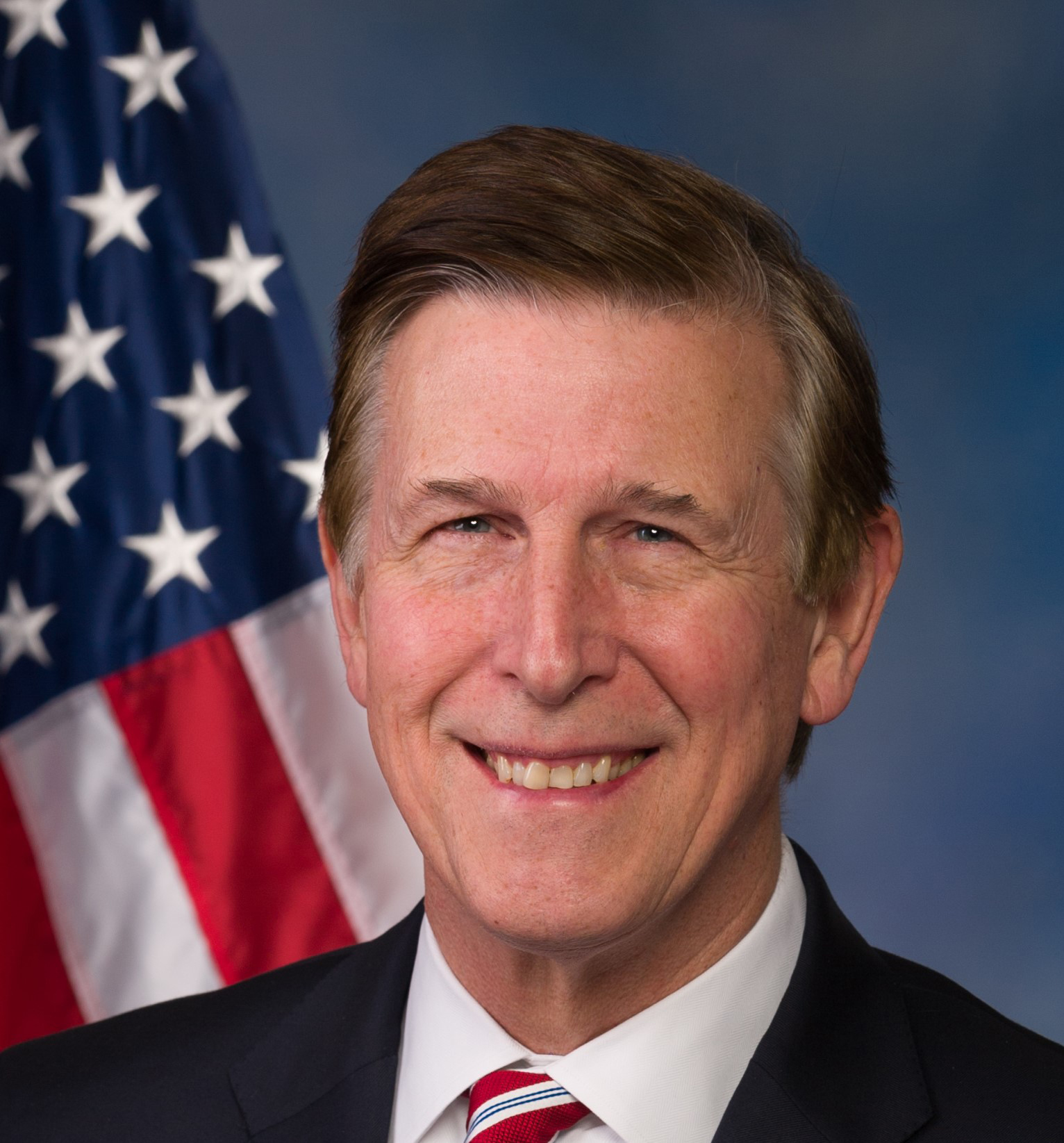By Sarah Wynn. (The Block). October 12, 2023.
The race between Rep. Steve Scalise, R-La., and Jim Jordan, R-Ohio, is tight, as House Republicans gather on Thursday to see if there could be enough votes for Scalise.
Prospects for a more permanent U.S. House speaker are not looking up, which could kick cryptocurrency legislation further down the road.
The race between Rep. Steve Scalise, R-La., and Jim Jordan, R-Ohio, is tight, as House Republicans gather on Thursday to see if there could be enough votes for Scalise.
“The general consensus from many folks that we’re talking to is that this does not seem like it’s going to get solved this week,” said Ron Hammond, director of government relations at the Blockchain Association.
Read the full story from The Block here: “Drama in U.S. Congress over Speaker of the House leaves crypto legislation on pause.”










